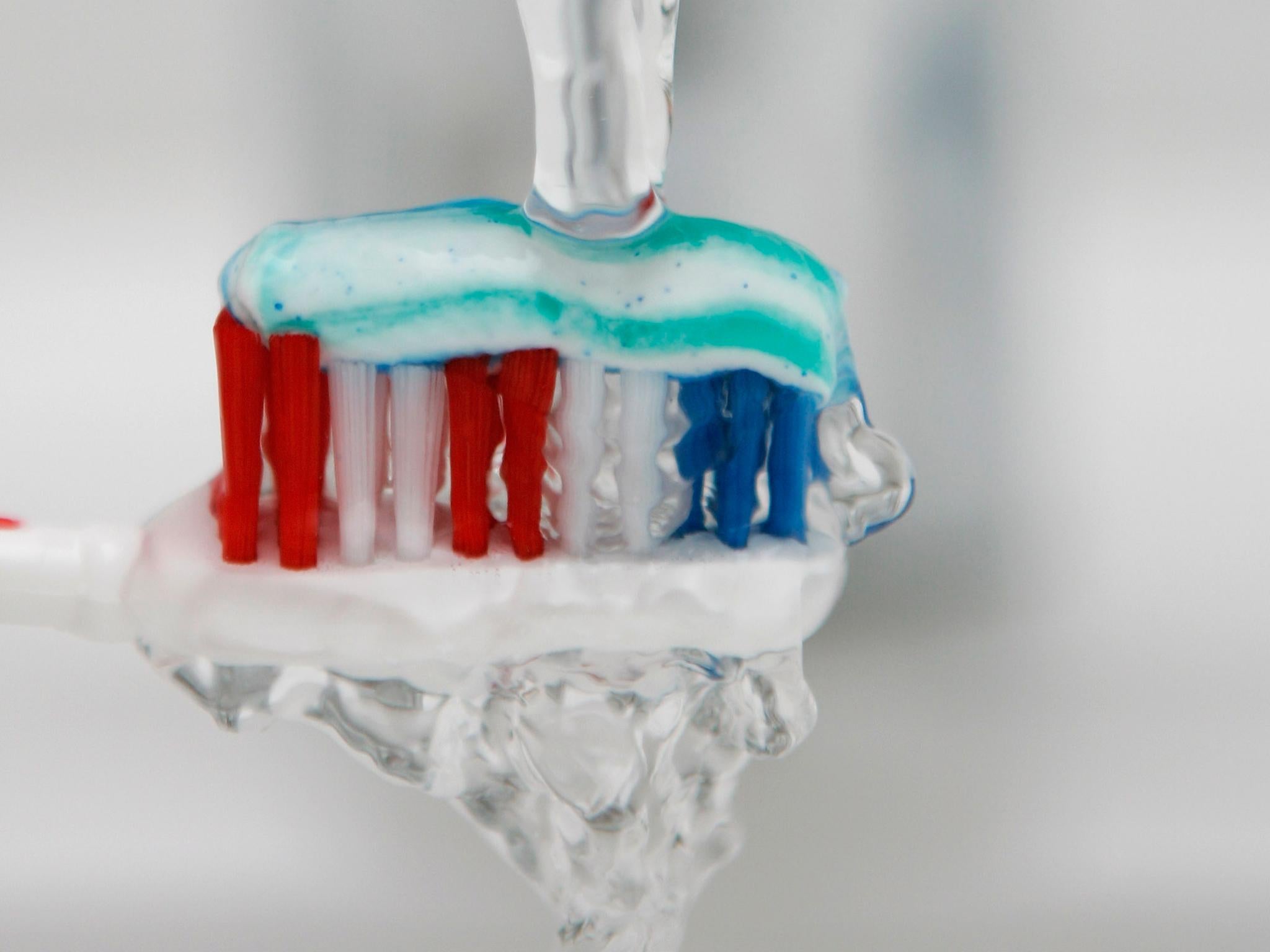UK ban on microbeads to be ‘strongest in the world’, say delighted campaigners
'This is great news for our environment and a positive sign of Britain's global leadership on ocean plastics'

Your support helps us to tell the story
From reproductive rights to climate change to Big Tech, The Independent is on the ground when the story is developing. Whether it's investigating the financials of Elon Musk's pro-Trump PAC or producing our latest documentary, 'The A Word', which shines a light on the American women fighting for reproductive rights, we know how important it is to parse out the facts from the messaging.
At such a critical moment in US history, we need reporters on the ground. Your donation allows us to keep sending journalists to speak to both sides of the story.
The Independent is trusted by Americans across the entire political spectrum. And unlike many other quality news outlets, we choose not to lock Americans out of our reporting and analysis with paywalls. We believe quality journalism should be available to everyone, paid for by those who can afford it.
Your support makes all the difference.The UK is to introduce the “strongest ban on microbeads in the world”, campaigners have said after the Government announced it was going ahead with its plans.
Following a public consultation, the Department for Environment, Food and Rural Affairs (Defra) said a ban would be brought in on microplastics in “rinse-off” cosmetics and personal care products like toothpaste.
While “leave-on” products – like make-up and sunscreen – will not be affected, Ministers have asked an expert committee to examine whether they and other products should be.
The cosmetics industry had complained about the difficulty and cost involved in reformulating products.
Microbeads, which can be replaced with natural alternatives, are just one type of microplastic pollution of the oceans that is causing immense concern because of the harmful effects on marine wildlife.
Michael Gove, the Environment Secretary, said there was a “serious threat” to wildlife and pledged to “explore new methods of reducing the amount of plastic – in particular plastic bottles – entering our seas”.
Louisa Casson, an oceans campaigner at Greenpeace UK, expressed delight at the planned ban on microbeads, which will require new legislation.
“The UK Government has just proposed the strongest ban on microbeads in the world to date,” she said.
“This is great news for our environment and a positive sign of Britain's global leadership on ocean plastics.”
She welcomed the decision to investigate an even tougher ban and further measures to reduce plastic pollution.
“It’s crucial that ministers have left the door open to broadening the ban in future,” Ms Casson said.
“To achieve a fully comprehensive ban covering all products that go down the drain, we need companies to be much more transparent about when their products contain harmful microbeads.
“Now that ministers have acknowledged the broader need to end ocean plastics, they should take swift action to tackle the mountain of single-use plastic bottles threatening our oceans by introducing a deposit return scheme.”
Tanya Steele, chief executive of WWF-UK, also welcomed the ban, although in less effusive terms.
“Banning microbeads is an important start to addressing the millions of tonnes of plastics entering the oceans every year,” she said.
“Microbeads are one of the most pervasive forms of marine pollution and prevention at source is far more effective than clean-up at sea.
“The ban needs to be as extensive as possible, to cover all products: there must be no loopholes or exemptions. Ocean creatures don’t distinguish between different cosmetics.”
Ms Steele urged everyone to get involved in efforts to reduce plastic pollution.
“Plastics now litter much of our shores and our oceans. The damage to marine life is easy to see with birds, fish, turtles and marine mammals regularly found dead having ingested plastic waste, which compounds the current loss of global wildlife,” she said.
“Action also needs to be taken by everyone in the supply chain to reduce, reuse and recycle, including us consumers.”
Join our commenting forum
Join thought-provoking conversations, follow other Independent readers and see their replies
Comments